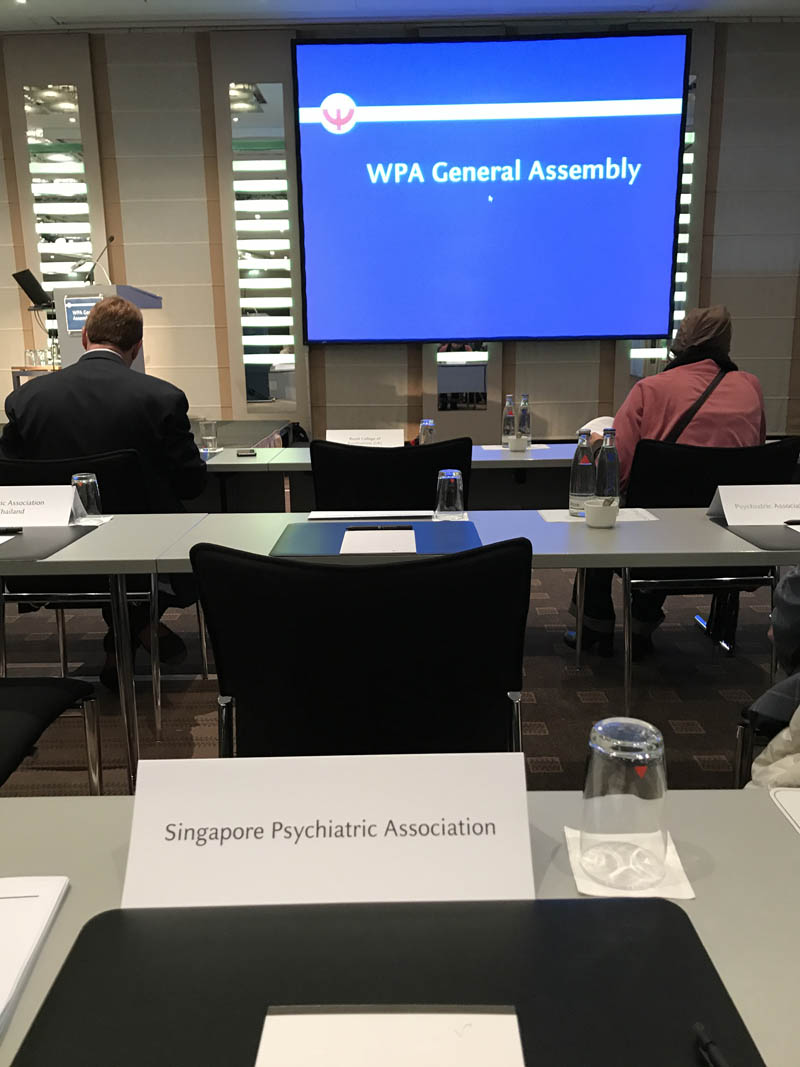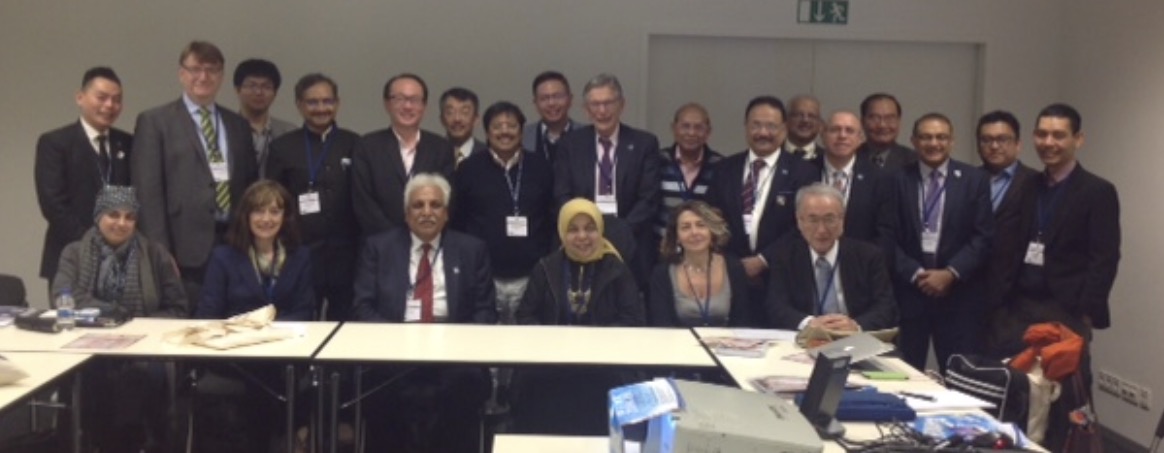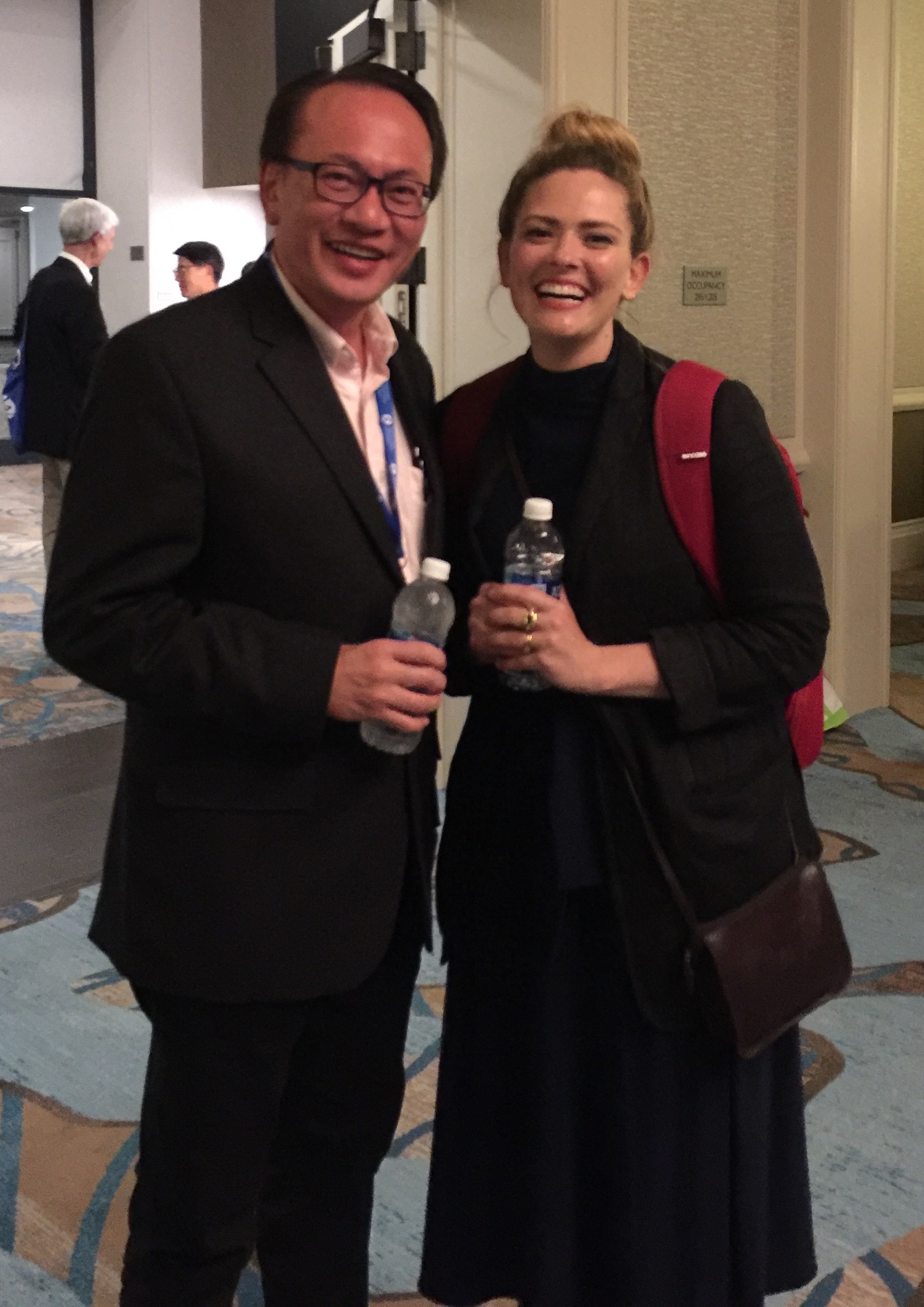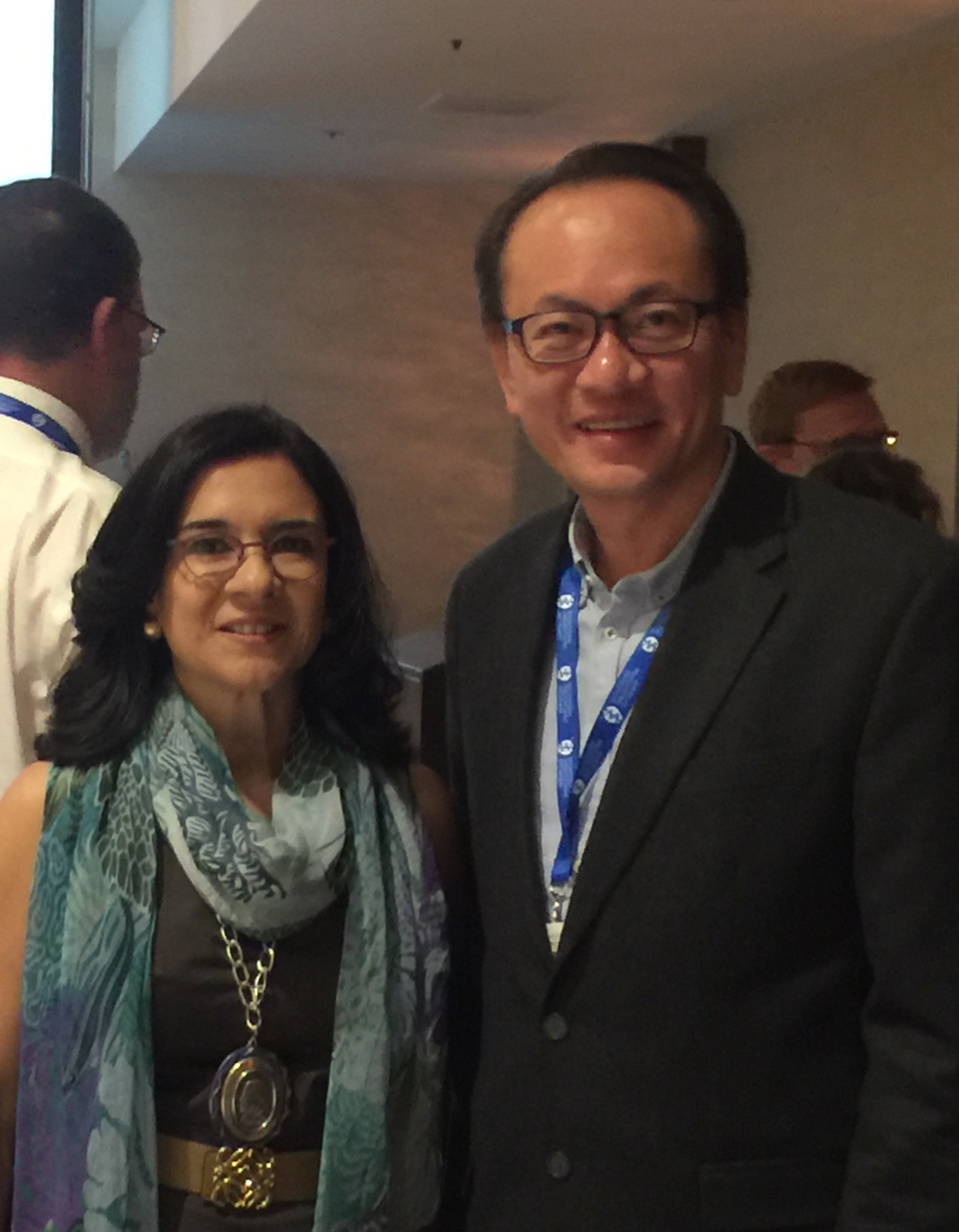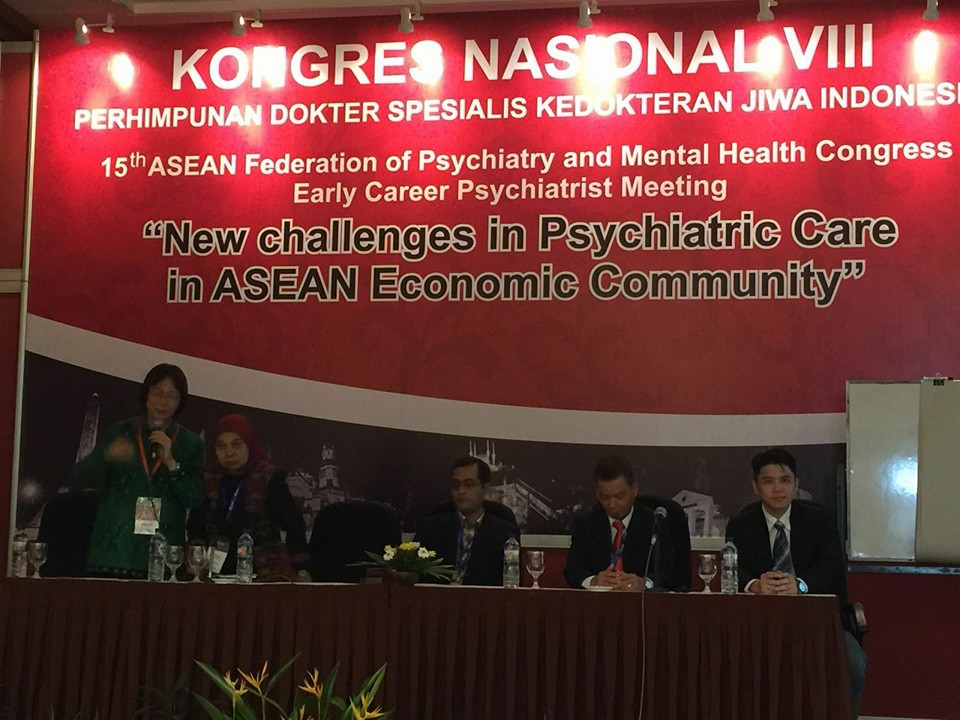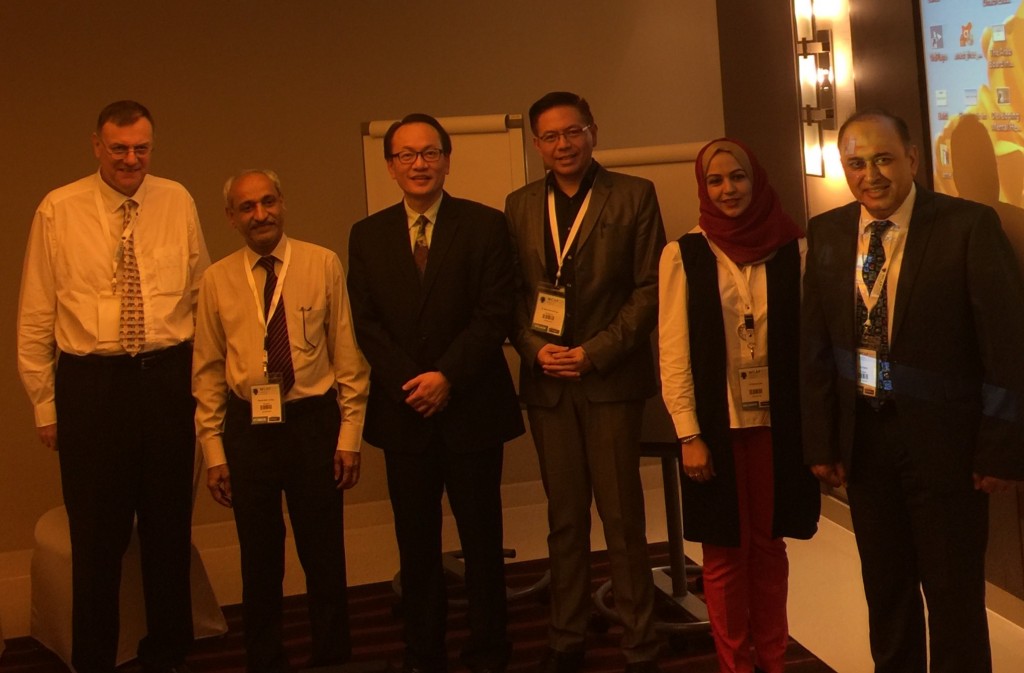The World Psychiatric Association (WPA) World Congress of Psychiatry is one of the largest psychiatric meeting in the world whereby attendees benefit not only from the scientific programs but also the global networking. As President of Singapore Psychiatric Association (SPA), I was honored and privileged to attend the congress held in Berlin, Germany from 8 to 12 October 2017 as well as the WPA General Assembly and the Asian Federation Psychiatric Associations meetings. WPA has issued a number of position statements that are of relevance to psychiatric practice and training; these include that of Mental health in the workplace, Rights for Persons with Mental Illness, Suicide Prevention, Roles and Responsibilities of the Psychiatrist in the 21st Century and Promoting Psychiatry as a promising medical specialty for medical students.
I have enjoyed the plenaries and keynote speeches at the congress. An example was the notion of the subsequent reduction of lifestyle habits (such as smoking), binge drinking, use of drugs (such as cannabis and heroin) and violence victimization and violence perpetuation by the prevention of adverse childhood experiences (ACE) in future generation. There was also the emphasis on social justice whereby the society should treat all equally well by Prof Dinesh Bhugra, the outgoing WPA President and an interesting talk on ‘Shell Shock – the British Experience ’ by Sir Simon Wessely which also highlighted the controversy behind Post Traumatic Stress Disorder.
The other sessions were as interesting and educational. There was a talk on ‘Aggressive obsessions i.e. Harm OCD’ – the model behind the condition – ‘autogenous’ without any identifiable trigger and ‘reactive’ which is triggered by environmental factors and its treatment including mindfulness. Another topic that was especially relevant to our local context since Singapore is currently embarking on training and certification of peer support specialists was the session on ‘Peer support: foundation of experiential knowledge’ which touched on the differences in its intervention work and sharing experiences. It also emphasized on the need to embark on research methods to allow peer specialists to capture collective benefits and social change.
The poster sessions have been useful as there were a number of posters on addiction psychiatry such as the use of Varenicline and Combination Nicotine Replacement therapy in a smoking cessation clinic in Taiwan and the use of a bed occupancy management in an addiction unit in a German psychiatric hospital. I presented the findings of the Home Treatment Team (HTT) pilot programme of the Institute of Mental Health and there was wide interest and discussion amongst the attendees especially from the European countries. There was also a poster on HTT in a Swiss population looking at the differential characteristics of patients treated under the programme.
Finally, I would like to congratulate the newly elected members of the WPA Executive Committee and the Zonal Representatives.
